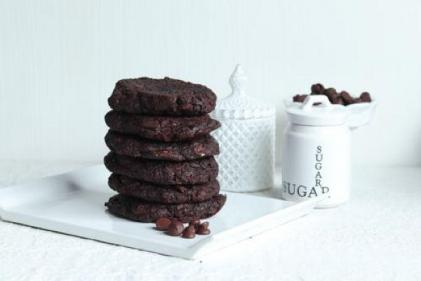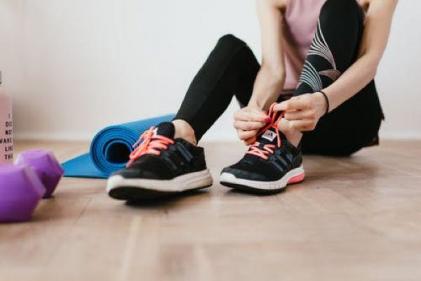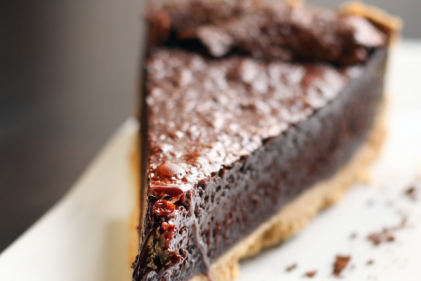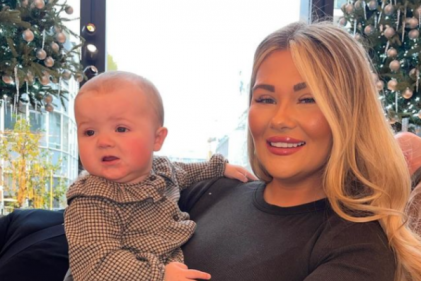Many women become upset due to the weight they tend to pick up when they are pregnant. However, once the baby is born they begin to lose weight dramatically. The weight of the baby, plus the weight of the placenta, together with another pound for blood and amniotic fluid, sees most women at least twelve pounds lighter after the birth of their baby. This rapid weight loss can cause you to feel disoriented.
During pregnancy, your body has been feverishly retaining water. As soon as your baby is born, your body will start getting rid of all that excess fluid in the form of perspiration and urine. This is why new mothers perspire a lot and some of them produce three quarts of urine every day, which is twice the normal amount. After the birth of your baby, you might have a full, flooded feeling in your abdomen. This is due to your bladder being stretched, like your uterus, and is unable to properly empty itself.
Your uterus does not stop contracting after giving birth. At the time of giving birth your uterus was the size of a two and a half pound melon - this is about twenty-five times the normal size. Within minutes of giving, birth your uterus will start to shrink causing cramps that are known as after pains. These after pains become progressively worse with each pregnancy, sometimes needing a prescription for painkillers.
Despite this, the uterus shrinks very fast. Within a week it will be about half the size it was at the time of delivery, and by week two it will be down to about eleven ounces. It will be back to its normal size of about two ounces after week four. The innermost layer of uterine cells is stretched during pregnancy, and this will slough off and pass out of your body. This is a menstrual-like discharge called lochia that lasts for weeks. At first it is bright red in color, slowly becoming lighter, then fading to white or yellow before finally stopping.
When you are pregnant, your uterus expands as your baby grows. As it expands, your heart, stomach, large and small intestines, and your bladder are all pushed out of the way. Once your baby is born, these organs move back into their normal positions. This can cause bladder and bowel incontinence. However, this does not last for long and everything is usually back to normal in a few weeks.
During pregnancy, estrogen causes cells to relax, stretch, and retain water. The sudden decline of estrogen after delivery leaves tissues soft and soggy. Progesterone is the hormone that keeps muscles in check until its time for your baby to be born. Once your baby is born and these progesterone levels drop suddenly and the natural processes that slowed or stopped during pregnancy will begin to start up again.
Pregnancy hormones also cause your breasts to transform in readiness for breastfeeding. When estrogen and progesterone levels drop after giving birth, other hormones called prolactin and oxytocin come into play. These, together with your baby’s sucking will stimulate milk flow to your breasts. You might find that when you first breastfeed after your baby is born, you have abdominal cramps. This is due to oxytocin also causing your uterus to contract.











